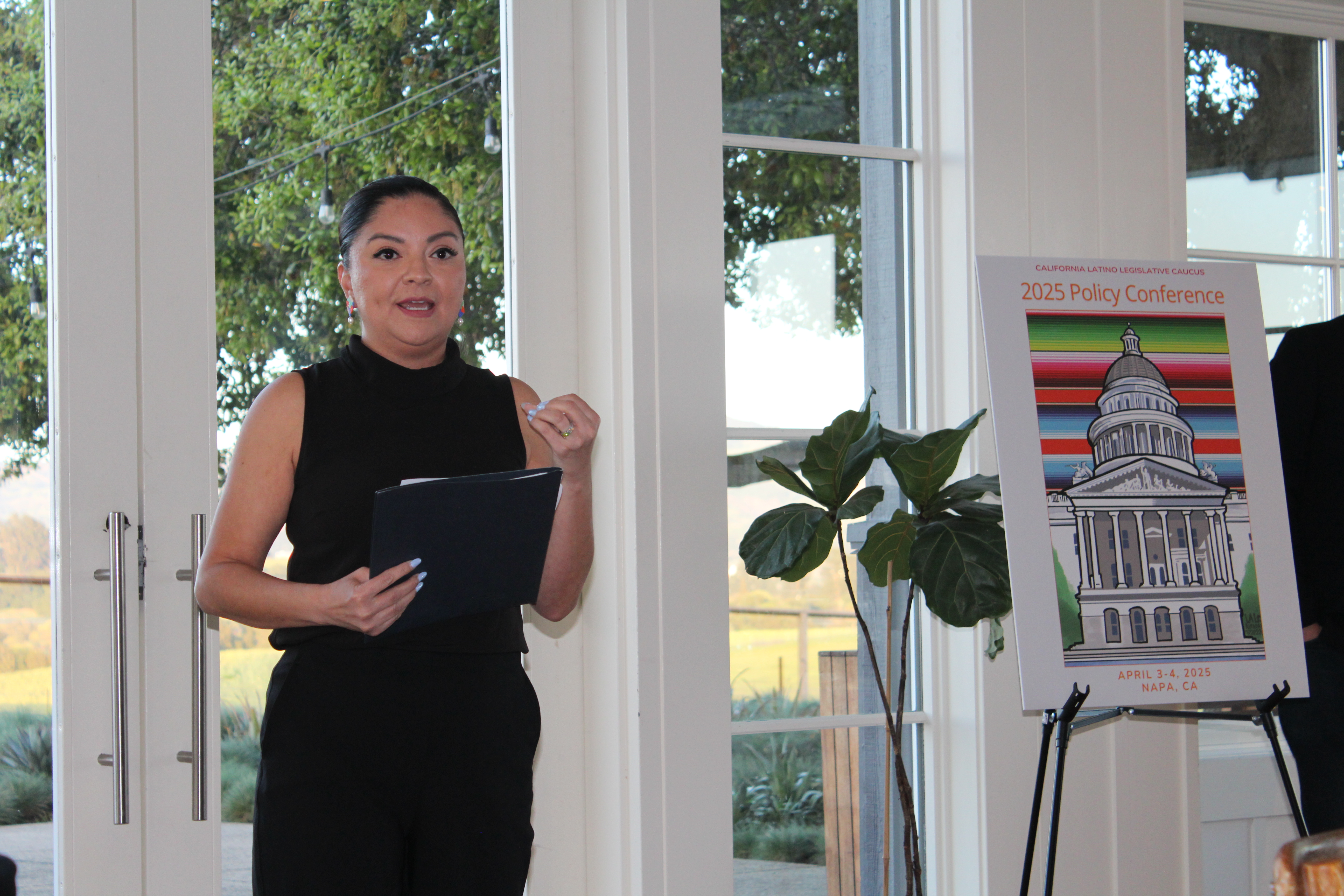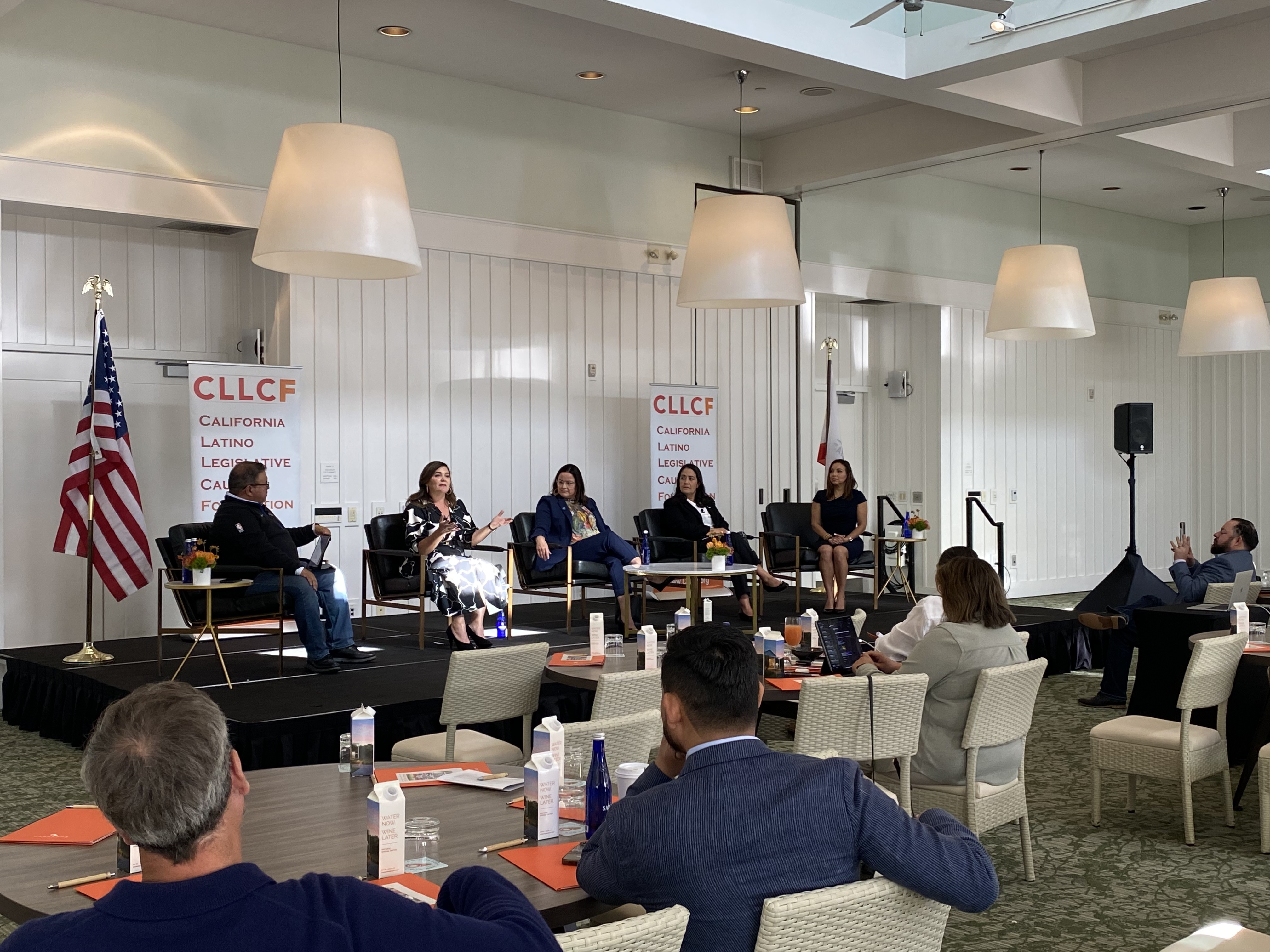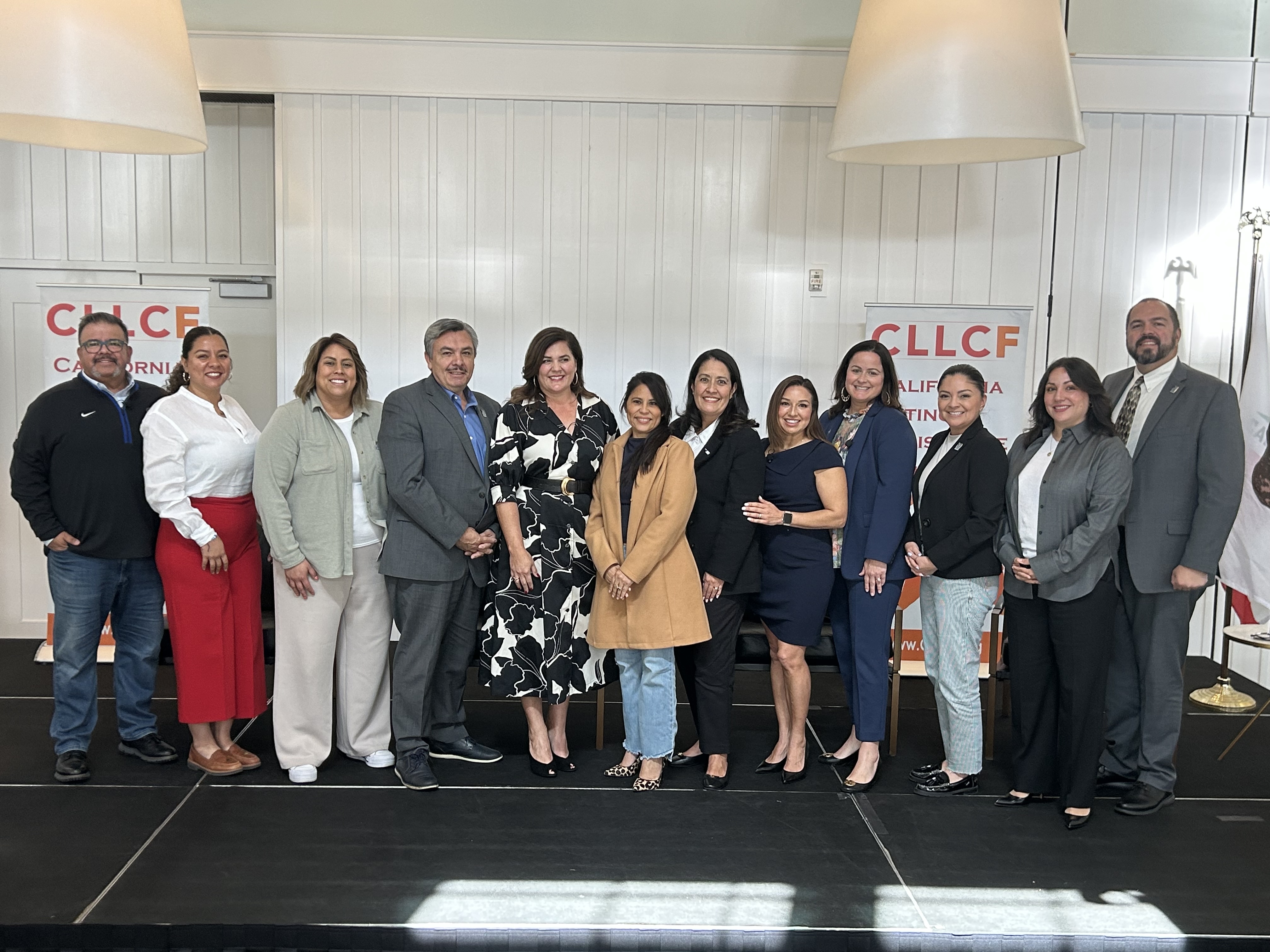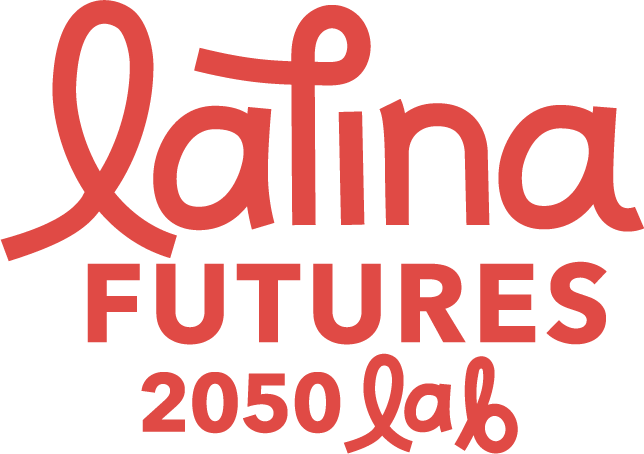The California Latino Legislative Caucus Foundation gathered thought leaders for its annual two-day conference.
By Sandra Baltazar Martínez
At the California Latino Legislative Caucus Foundation (CLLCF) 2025 Spring Policy Conference, a group of thought leaders gathered to discuss the ever-changing media and technology landscape and how to address the state’s diverse populations.
The annual conference intends to elevate expert voices who can advance effective governance in California, said Sonja Diaz, cofounder to Latina Futures 2050 Lab. Diaz collaborated with Senate Majority Leader Lena González (D-Long Beach), the current CLLC chair, and her staff to plan this event.

The panel discussion, “Digital Threats to Democracy: Media, Technology, and the Fight for Inclusive Representation,” featured Jessica J. González, co-chief executive officer of Free Press; Michele Siqueiros, founding chief executive officer of L.A. Local News Initiative; Alejandra Santamaria, president and chief executive officer of LAist; and Lilly Cortés Wyatt, founder of Socios PR.
State legislators and community leaders who attended the conference, which took place April 3-4 in Napa, California, walked away with greater understanding of how to develop effective and inclusive mass media communication strategies. A 2024 poll conducted by Free Press found that Latinos, particularly Spanish speakers, spend less time watching traditional television and more time on social media, making them prime targets for misinformation.
Moderated by Roger Salazar, an advisor to the California Latino Legislative Caucus (CLLC), the panel offered several discussion points, including the changing media landscape and the role misinformation plays during times of crisis.

Given the political climate across the United States and around the globe, the role of media is critical, said Siqueiros, who in February was named L.A. Local News Initiative’s founding chief executive officer. The initiative is designed to scale hyperlocal journalism, such as the Los Angeles newspaper Boyle Heights Beat, and to foster collaboration with at least 20 media partners across California.
Free Press’s González reminded conference participants of people’s rights to access free and open internet and the right to free speech. In 2020, González noted, Free Press supported a coalition of civil rights groups leading a boycott campaign dubbed “Stop Hate for Profit,” urging businesses to not advertise on certain social media platforms that allowed for hate and misinformation to exist on its platforms.
Her team’s most recent research on daily Spanish speaker’s attitudes, noted that despite spending more time on social media, Spanish-speaking Latinos were less informed about civic news and reported they often encounter stories they believe are not true.
It is necessary that communities build awareness around dishonest people or groups who create targeted communications to deliberately cause confusion and chaos during times of crisis, González said.
“The one thing I wish we could all say every time we are on the news during a time of public emergency is, ‘Be aware. In times of emergency, there are forces at play that try to push false narratives,’” González said. “It’s an emergency, we are trying to get accurate information out to people, we are trying to help people evacuate … and at the same time, there is targeted disinformation coming.”
Instead, trusted spokespeople, like elected officials and government actors, should appear on reputable media outlets to drive national conversations in real-time, during times of crisis and opportunity. With respect to opportunities, Siqueiros mentioned the need to amplify the nation’s shared values.

Building trust and credibility are core principles of any respectable news organization, Santamaria said. Her award-winning LAist team is an independent, nonprofit newsroom and home to Los Angeles’s largest NPR station, KPCC 89.3 FM.
In the world of online and social media, LAist is the voice of fact-based information and meaningful stories from the region, Santamaria said.To combat misinformation, LAist goes through a series of verification points so that LAist listeners can trust that stories aired as well as posted on their website and social media channels, have been fact-checked at multiple levels, Santamaria said.
She emphasized that it’s also important to report on the community’s bright spots.
“Our newsroom recognizes that everyone focuses on what is bad or what’s wrong, but we need to be able to praise and highlight those really cool things that are happening in our community,” Santamaria said.

